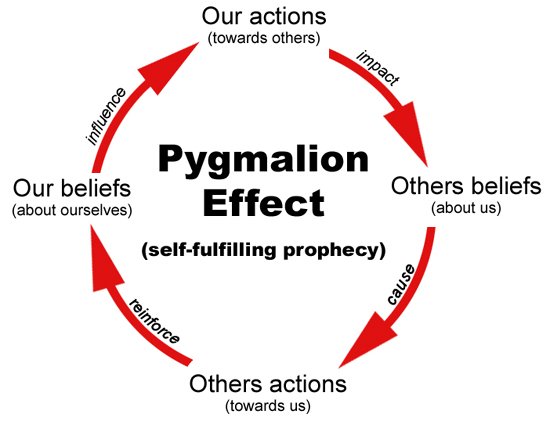"Our
dreams have to be bigger. Our ambitions higher. Our commitment deeper. And our
efforts greater.”
LECTURE 3: TOWER BUILDING
PART 1:
The tower building
exercise challenges one to build a tower by putting one square block over
another and achieving the maximum height possible till the tower falls down.
The students were asked to set a goal of the maximum height of the tower they
can achieve.
The responses were ranging from 10 blocks to
20 square blocks. The student performed the exercise and the achieved a height
of 16 blocks.
Considering 16 blocks as the historical data of
the height of the tower, students are asked to re assess their goals.
PART 2:
At a later part of the exercise, one of the
students is blind folded and is asked to build the tower while one open-eyed student
act as his manager and guide him in building the tower.
LEARNING AND OBSERVATIONS
1) Target setting: During target setting for goal achievement, the major questions which
should be asked to us are:
-What is the potential of our team?
- What realistic target
should be set?
- What the actual
performance can be?
- What can be achieved?
-What
are our past experiences with the exercise?
Organization
is made of tiny blocks called teams which can be further broken down in team
members,which are essential for its day
to day functioning .Quality of Foundation laid is a deciding factor in the
success of the Organization.
As
managers, we must thrive to reach the potential. The target to be achieved should
always be higher than our achieved goals. Achieved goals will give us the
confidence to raise our expectations and challenge our potential.
“Tata Nano is the best example of a potential that a team can
deliver by the giving excellence to its customers.”
The learning can be summarized
as:
History <Achievable goals< Goals Set<Potential
Goal Setting and Achievement can be better
understood with the help of the following diagram—

A : Potential
B : Goal SET
C : Performance (actual)
D : Performance (history)

So here I should also
talk about a new concept I learned which is
‘Pygmalion Effect’ or
‘Rosenthal Effect’-
This
concept explains higher expectations leads to higher results and low expectations lead to a decrease in
performance.
It was derived from Pygmalion.
So what does Pygmalion effect say?
Pygmalion Effect : How we perceive others,
optimistically or pessimistically can have a big impact on their performance
level.It can be understood below by-

2) Blindfold Exercise Learning: In this exercise we can assume the blindfolded
person as a worker and the one giving directions as the manager. This situation
explains the case where the blind folded is aware only to meet targets, by
following a certain set of rules. He is unaware of business objectives,
customer importance etc. Thus we have seen due to lack of clarity in target
direction, he is able to make only 8 block tower. In this scenario the quality
of direction, Cooperation and Motivation given by the manager and the efficiency
of the manager will determine how much aligned the worker is to the real business.
As an work-experienced, I have realized that apart from technical knowledge,
functional and Business Knowledge provides us a better clarity in our
roles and responsibility.
These learning taught the mangers to deliver their
best potential in order to achieve their organizational objectives…
I compile my learning by famous quote-
"Talent wins games, but teamwork and intelligence wins
championships." -Michael Jordan


No comments:
Post a Comment